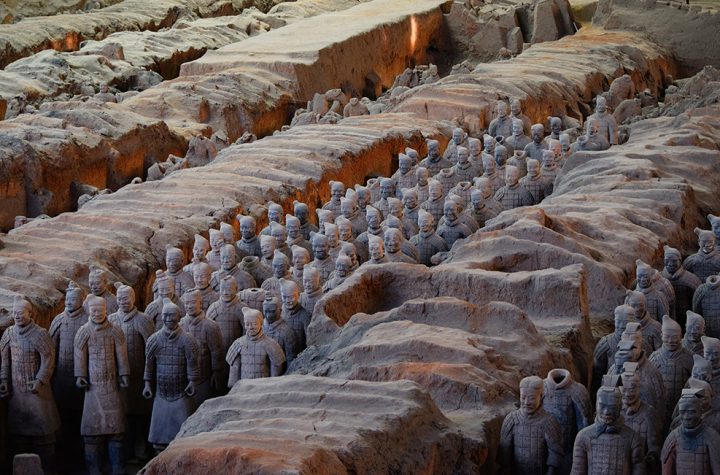
The latest test of this trust is the outbreak of a previously unknown coronavirus in Wuhan, China.
Coronaviruses are respiratory viruses that can lead to illnesses ranging from mild colds to life-threatening pneumonia. Like other viruses, they do not respond to antibiotics. This strain, called 2019-nCoV, is too new for any useful data on mortality (two other coronaviruses, severe acute respiratory syndrome, or SARS, and Middle East respiratory syndrome, or MERS, have been reported to kill about 15 percentand 35 percent of infected people, respectively). But just since the first case of 2019-nCov was reported on Dec. 31, 473 people have been infected and 17 have died.
This week, the virus arrived in the United States: It was detected Tuesday in a man who had flown from Wuhan to Seattle. The Chinese government issued a quarantine order for Wuhan, a city of 11 million people, to begin on Thursday. The World Health Organization convened an emergency meeting to decide whether the outbreak constitutes a public health emergency of international concern.
A robust response from medical and public health practitioners has already begun. But for any response to be effective, people need to heed government officials orders, and for that, they must have faith that their leaders know what theyre doing and have the citizens best interests at heart.
When there is a breakdown in public trust, public health measures fall apart. We saw this happen with Ebola in Congo, where residents suspicious of the government refused to cooperate with medical personnel, going so far as to attack Red Cross volunteers, halt construction of a treatment center, and help those quarantined to escape. In the past 18 months, more than 3,300 residents in Congo have fallen victim to Ebola; two-thirds of them have died.
Weve also seen this in the United States. Prior to the availability of the measles vaccine in the 1960s, tens of thousands of children were hospitalized and hundreds died from measles every year. The vaccine was so effective that by 2000, measles was declared to be eliminated in this country. Unfortunately, conspiracy theories linking vaccines to unrelated ailments have proliferated. Despite clear directives from the Centers for Disease Control and Prevention and assurances of vaccine safety from every major medical organization, the anti-vaccine movement has steadily grown. In 2019, the CDC documented the reemergence of measles in the United States with 1,282 cases a nearly 250 percent increase from 2018 and the highest number of infections since 1993.
Governments themselves shoulder much of the blame for the erosion of trust. Chinese citizens are skeptical because the government concealed the extent of the deadly SARS epidemic in the early 2000s. Its not surprising that the Congolese harbor deep suspicions of their government after many years of civil wars and corrupt regimes; in 2018, there were allegations that the party in power cited Ebola as a reason to excluded opposition strongholds from voting.
With the recent coronavirus outbreak, Chinese President Xi Jinping has pledged full transparency, going so far as to say that those who hide infections will be forever nailed to historys pillar of shame. He appointed a well-respected public health expert to lead its response efforts, which have so far drawn praise from the international community.
But concerns remain in China, and around the world. We are living in a time when politicians call into question the credibility of their own governments experts. Media sites promote conspiracy theories that are increasingly more difficult to distinguish from the truth. Science itself is distrusted, discredited and demonized. A 2019 report by the Union of Concerned Scientists noted that the Trump administration levied 80 attacks on science in its first two years. These attacks are ongoing and include disbanding scientific advisory committees, withdrawing funding from research centers, shutting down existing studies and overruling the federal governments own scientific reports.
It is too soon to tell the trajectory of the coronavirus outbreak. Even if it is contained, the next crisis is just around the corner. To prevent the spread of deadly diseases, the public must trust in government institutions. Restoring that trust is a societal imperative. Indeed, our lives and the lives of future generations depend on it.
Read more:
Ronald A. Klain and Nicole Lurie: The coronavirus has landed in the U.S. Heres how we can reduce the risk.
The Posts View: China should embrace the lessons of previous outbreaks to combat the new coronavirus
Mapping the spread of the new coronavirus
What we know about the mysterious, pneumonia-like coronavirus spreading in China and elsewhere
First U.S. case of potentially deadly Chinese coronavirus confirmed in Washington state





More Stories
As the pandemic wreaks havoc on TV and movie ‘love lives’, intimacy coordinators need to find ways to adapt